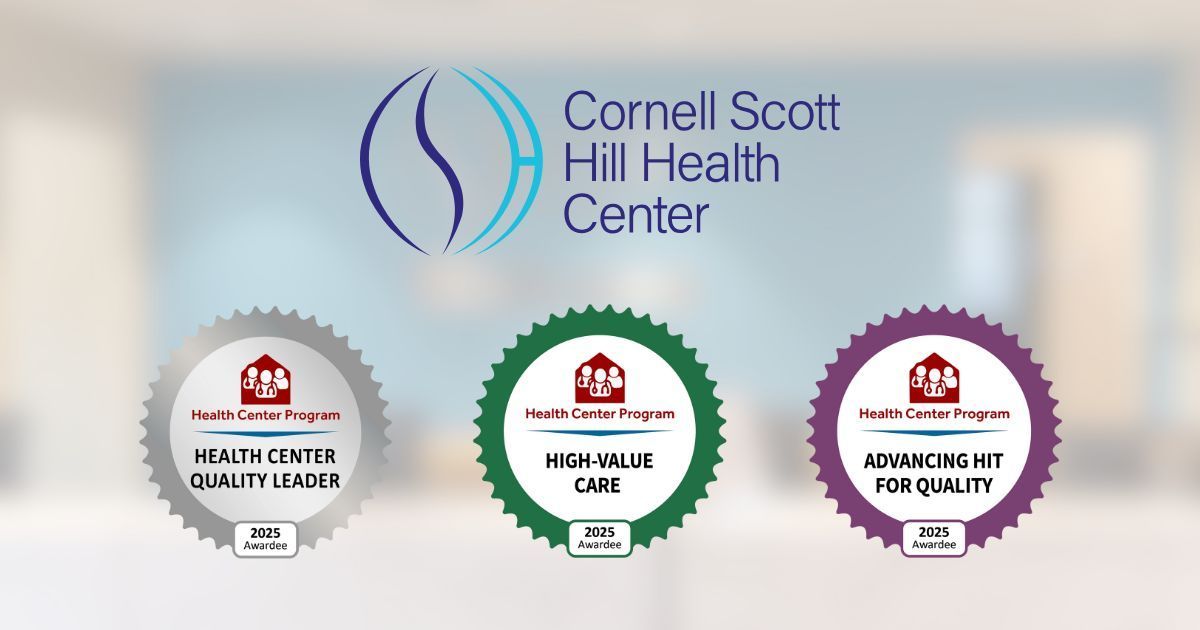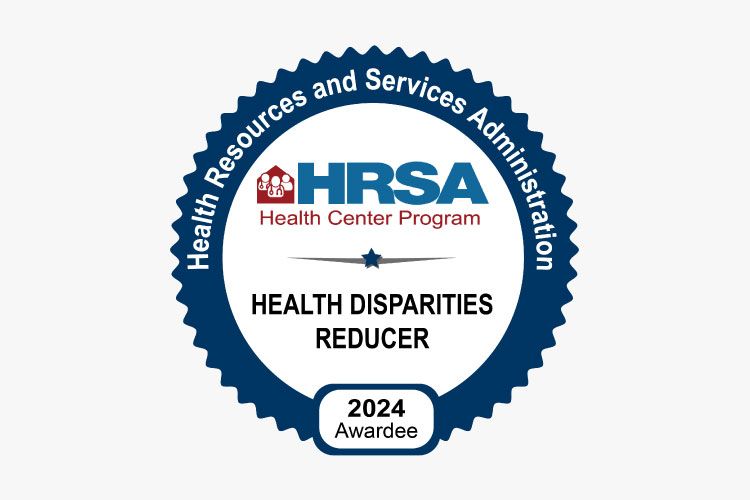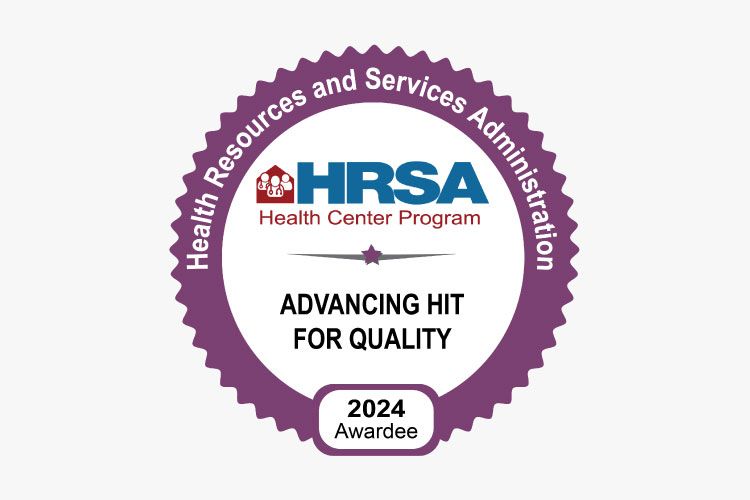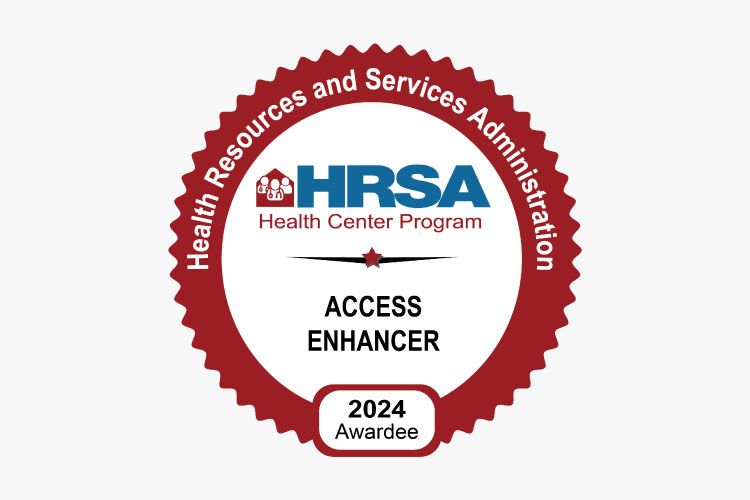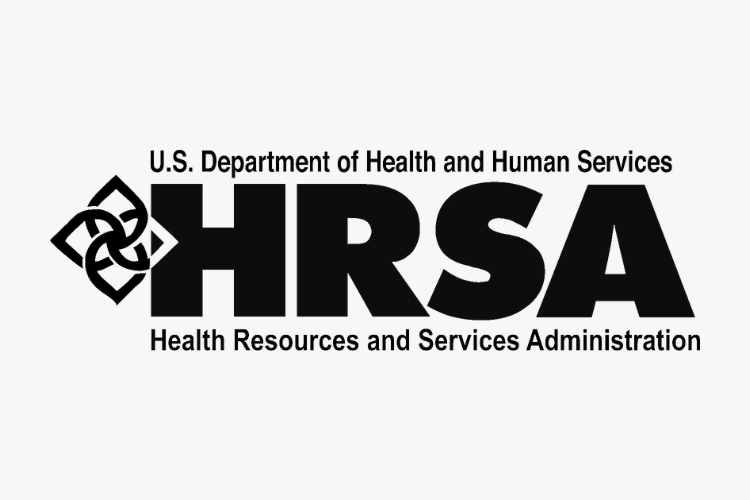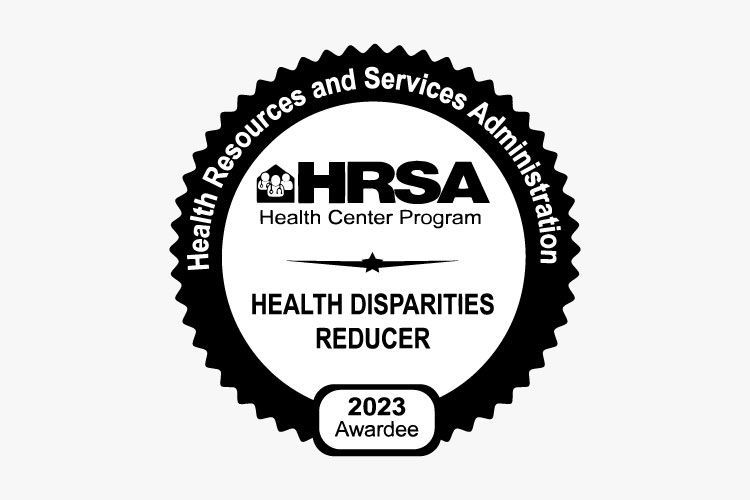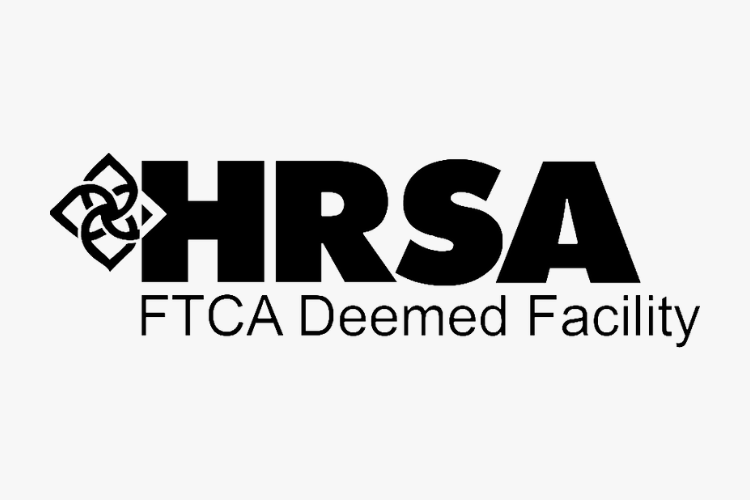DeLauro, CT advocates call on drug manufacturers to lower and cap insulin costs
While applauding Eli Lilly’s move to cap insulin costs, Connecticut officials and healthcare advocates called for expansion and called on other giant pharmaceutical companies to follow suit.
That’s the message Rep. Rosa DeLauro, D-CT, conveyed Monday morning in front of Cornell Scott Hill Health Center along with Mayor David Cassetti, state Healthcare Advocate Ted Doolittle and the health center’s officials.
The press conference took place as Eli Lilly announced earlier this month it would cut prices for some older insulins while capping monthly out-of-pocket cost at $35 for people not covered by Medicare’s prescription program — something DeLauro said is “long overdue.”
“Insulin costs less than $10 to make, but Americans are sometimes forced to pay over $300,” DeLauro said. “It is wrong.”
According to the Kaiser Family Foundation, Americans spent an average of $54 per month out of pocket for insulin in 2020.
“Patients typically need to buy multiple vials to maintain a month's supply, which can cause costs to balloon for them,” DeLauro said. “This has to end.”
Kristen Daniels would know. As a person with Type 1 diabetes for 17 years, she has had to ration insulin like other 1.3 million Americans. She said she knows what it's like to be at “the bottom of an insulin vial and not know where to get your next drop.”
It involved “going through a wastebasket looking to see if you threw out a vial of insulin and looking for those last drops to hold you over until you can get your next one,” Daniels said.
She recalled being told that it would cost about $2,000 out of pocket for her, but thanks to the health center with a sliding scale system, she was able to get it with $14.
“But it is also bittersweet,” she said. “I know parents who have lost their children from the insulin rationing crisis. I don't know what the effects of rationing my insulin is going to cost me in the future.”
Catherine Sharafanowich, director of pharmacy at Cornell Scott, recalled that when the health center opened the pharmacy about two decades ago, she would meet diabetic patients who wouldn’t see a doctor because they couldn’t afford it.
“I recall a young man who was insulin dependent,” Sharafanowich said. “He lost his first job out of college, lost his health insurance, and he showed up at the pharmacy absolutely terrified because he couldn't afford his insulin.
“We also had a family recently, dad was newly diagnosed, and they were not only overwhelmed with the cost of the insulin, but just the sheer amount of information that they now need to absorb to take care of the disease,” she added.
DeLauro said the cost of all prescription drugs has skyrocketed over the years, sending average patients into crisis.
“Outrageous prices have allowed pharmaceutical corporations to reap enormous benefits and profits while preventing patients from accessing the treatment that they need,” she said.
While Doolittle, who works at the state Office of the Healthcare Advocate, said $35 is somewhat affordable, it’s not comparable to other wealthy countries.
For example, 2018 data from RAND Corporation’s study found that the price for all insulins was around $98.70 in the U.S.; it was $6.94 in Australia, $7.52 in the U.K., and $12 in Canada.
“The other wealthy countries charge on the insulin side, sometimes 10 percent of what our people are paying, yet they're not cheap countries,” Doolittle said. “These are wealthy, high-quality healthcare countries. We need to really work on this.”
Sharafanowich said Eli Lilly’s move only applies to short-acting insulin, noting insulin isn’t the only expense a patient with diabetes faces.
Those expenses can include newer oral agents, new injectable medications, needles to inject the medication, supplies for checking blood glucose levels and medications for high blood pressure and high cholesterol, she said.
“These are daily ongoing realities for our neighbors,” Sharafanowich said. “They need regular care and support in addition to medication. Every improvement in diabetes treatment benefits society by freeing individuals to care for their families, do meaningful work and contribute to the community.”
Daniels said, "It requires a lot to survive as a diabetic out here, and so we need help all around,” calling Eli Lilly to also cap the new insulin products and on the rest of the insulin manufacturers to adjust their list price and copay costs.
“I'm calling on policymakers. I'm calling on employers, activists, advocates to fight to make insulin more affordable,” DeLauro said. “We cannot stop until all people with diabetes can afford the insulin that they need."
Chatwan Mongkol
View original article in the New Haven Register
here


